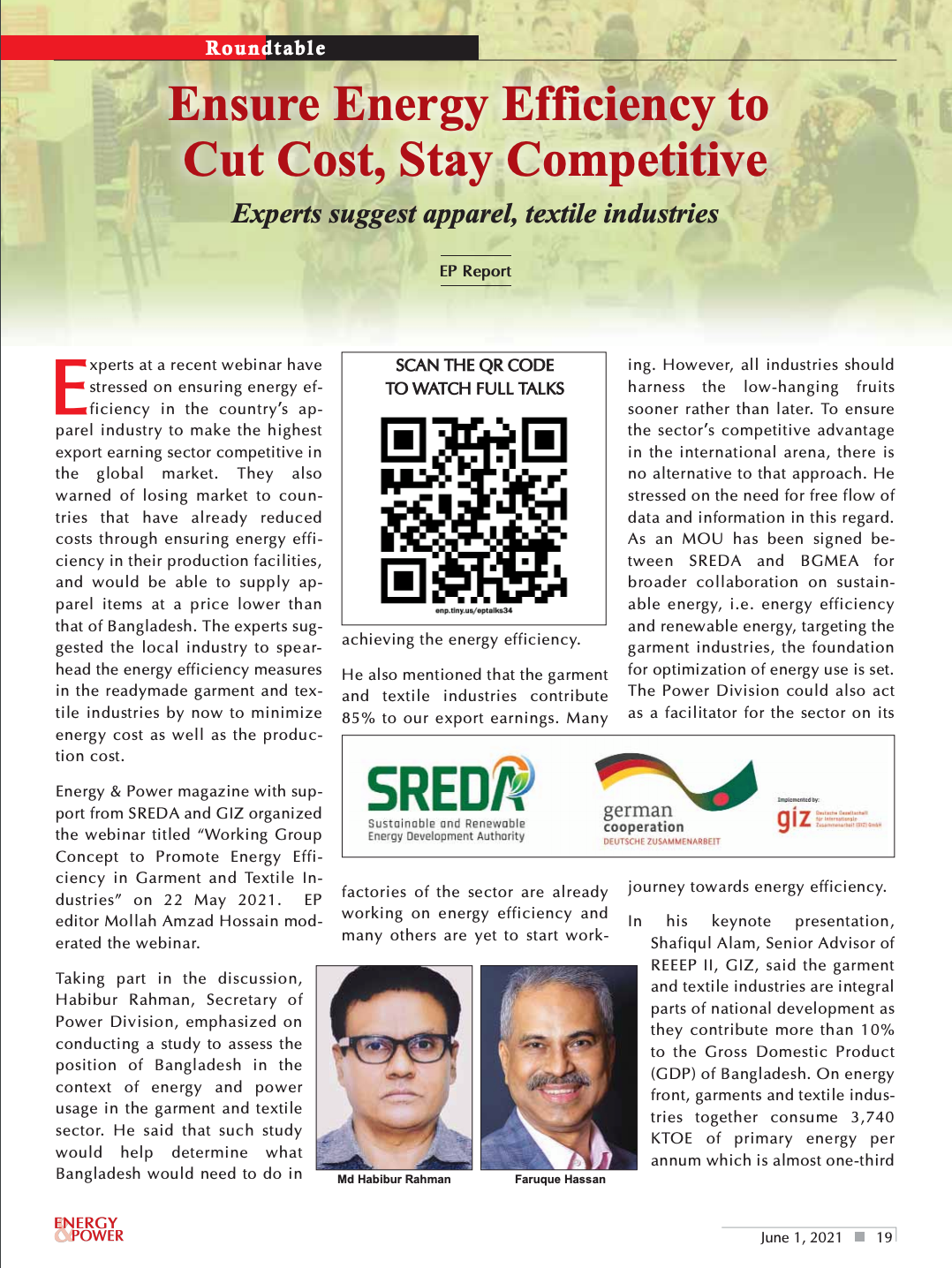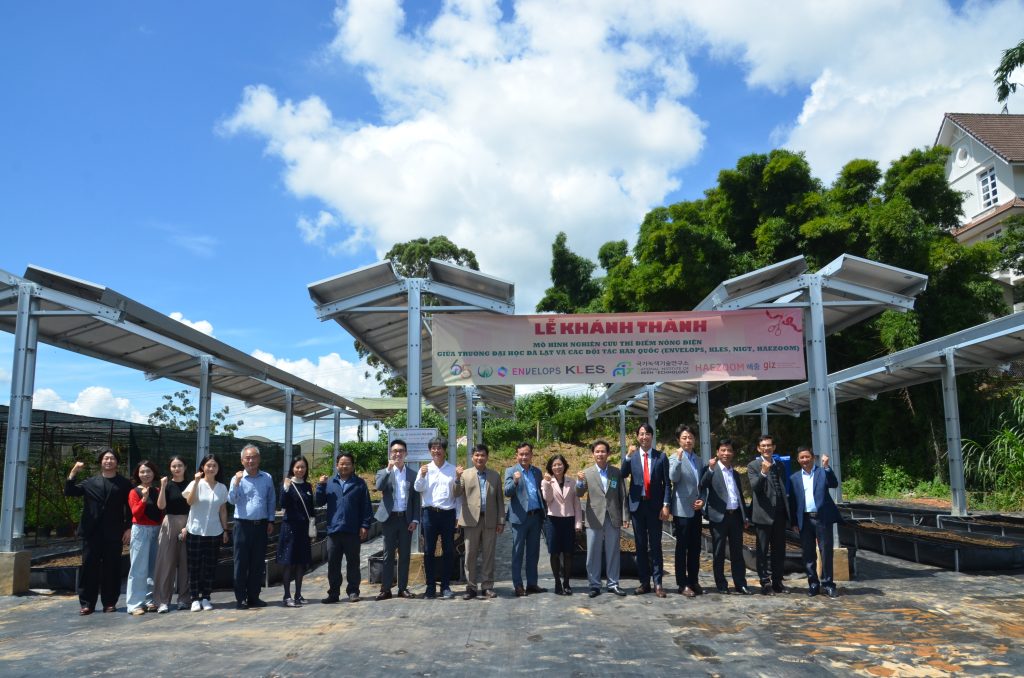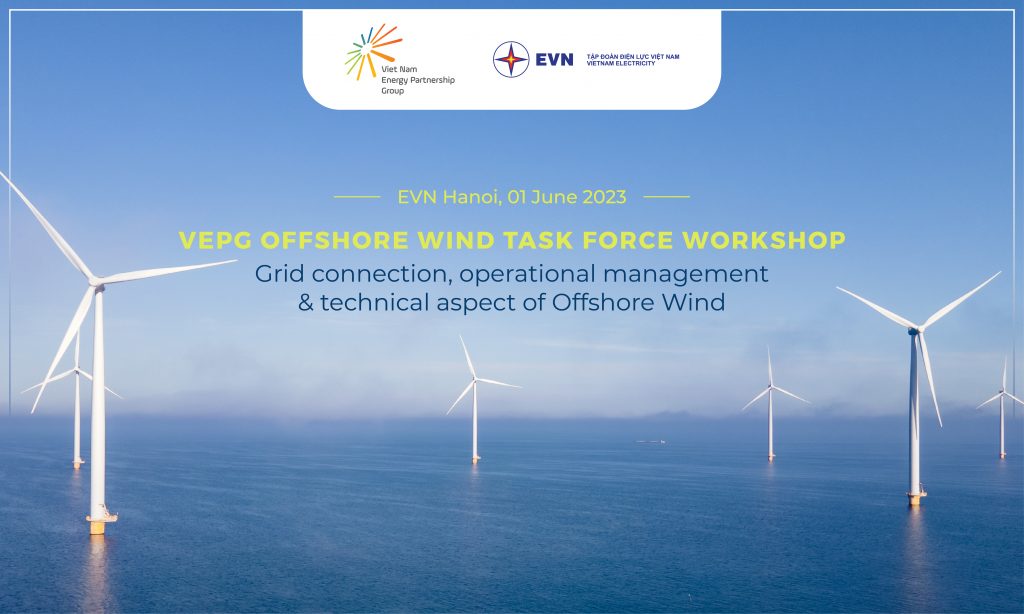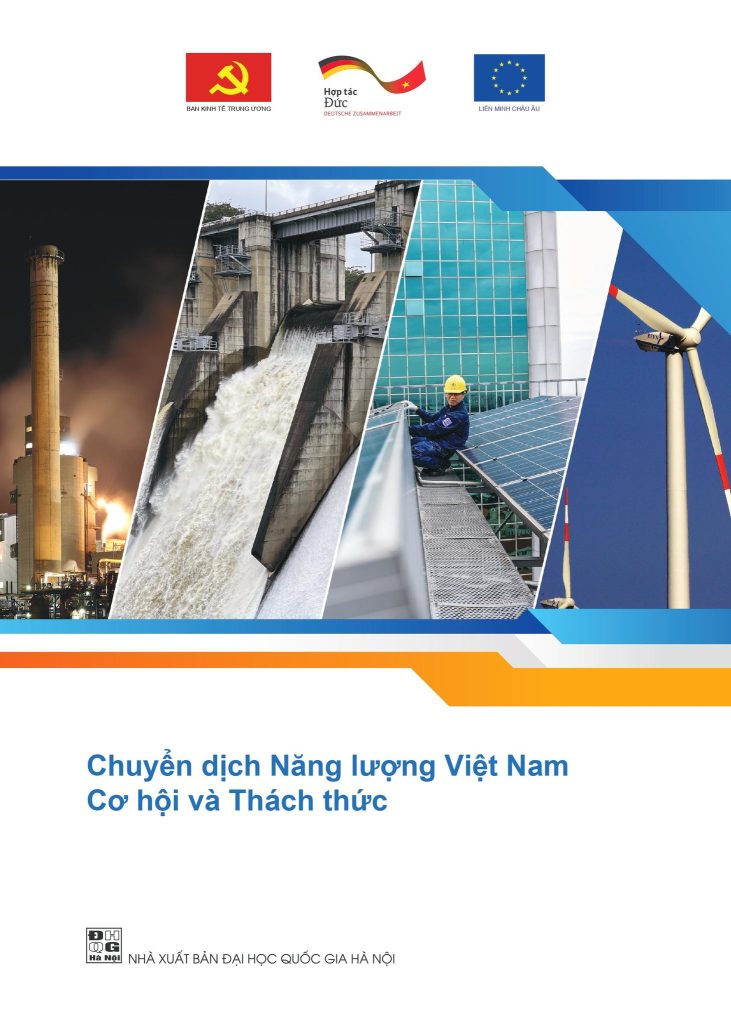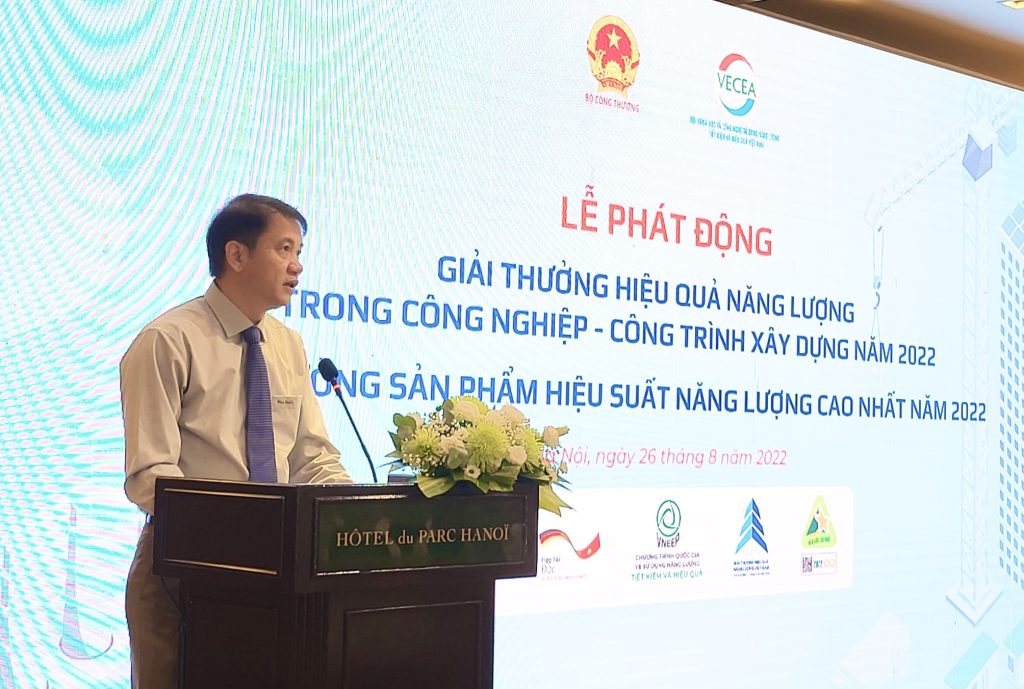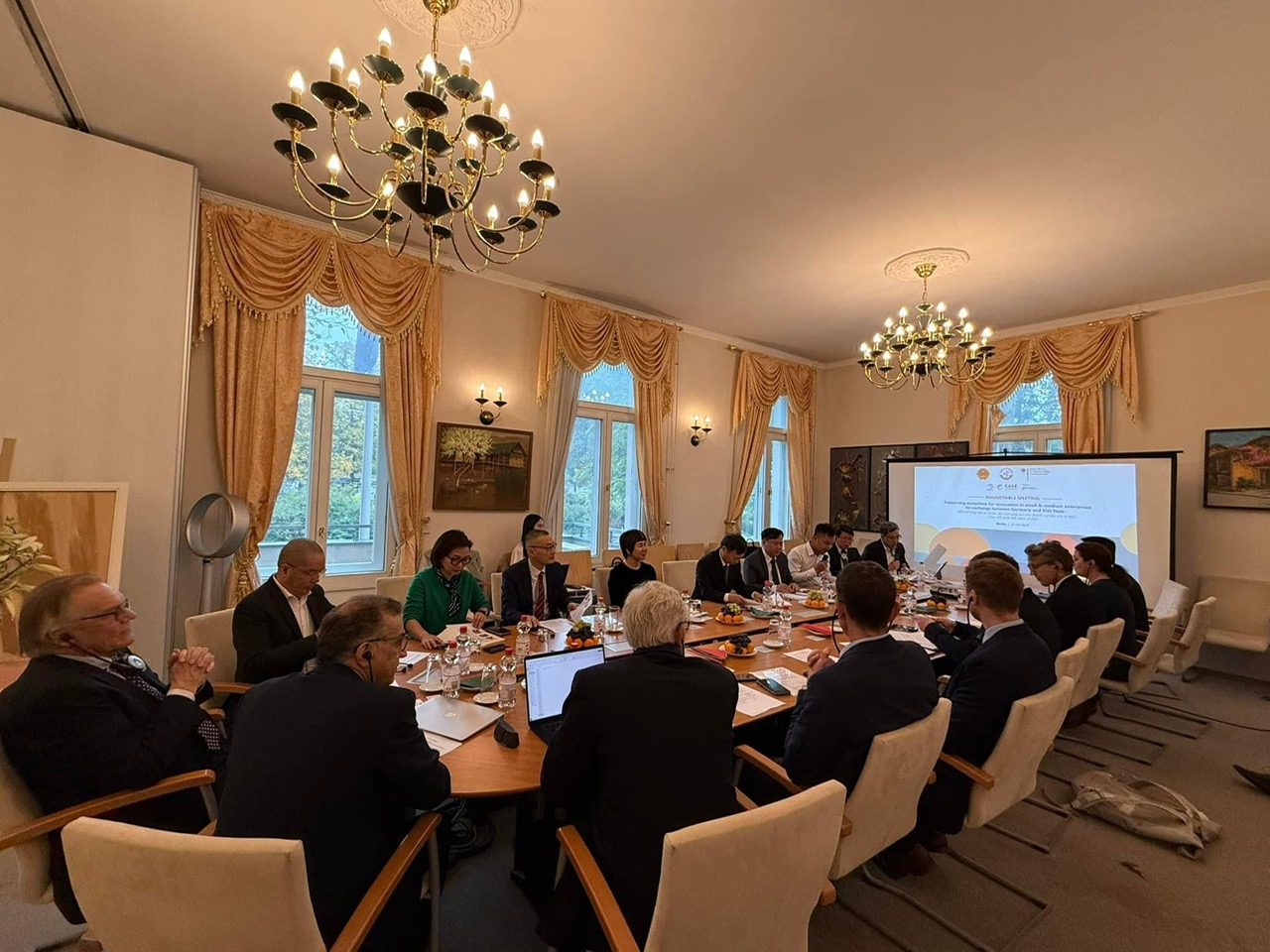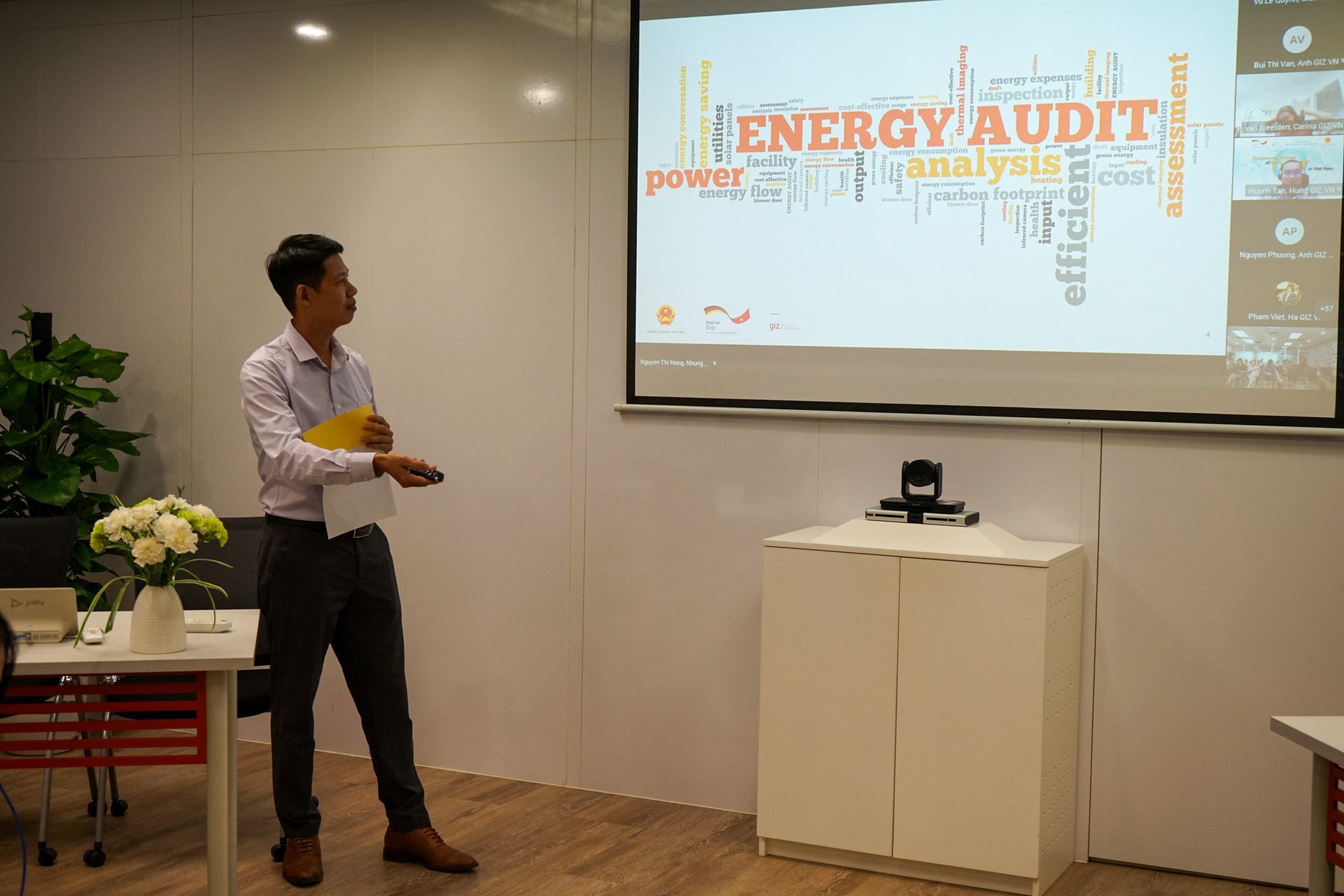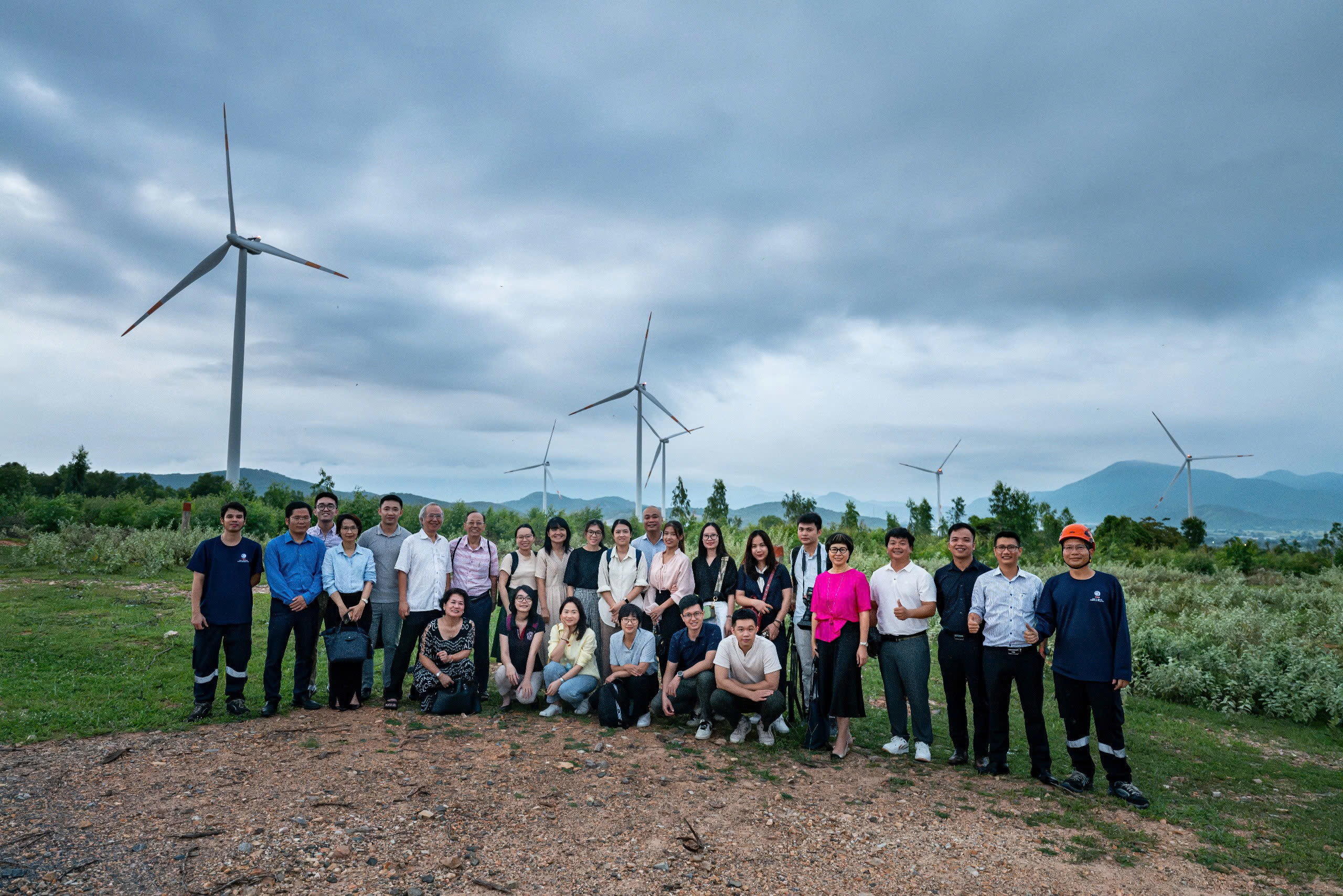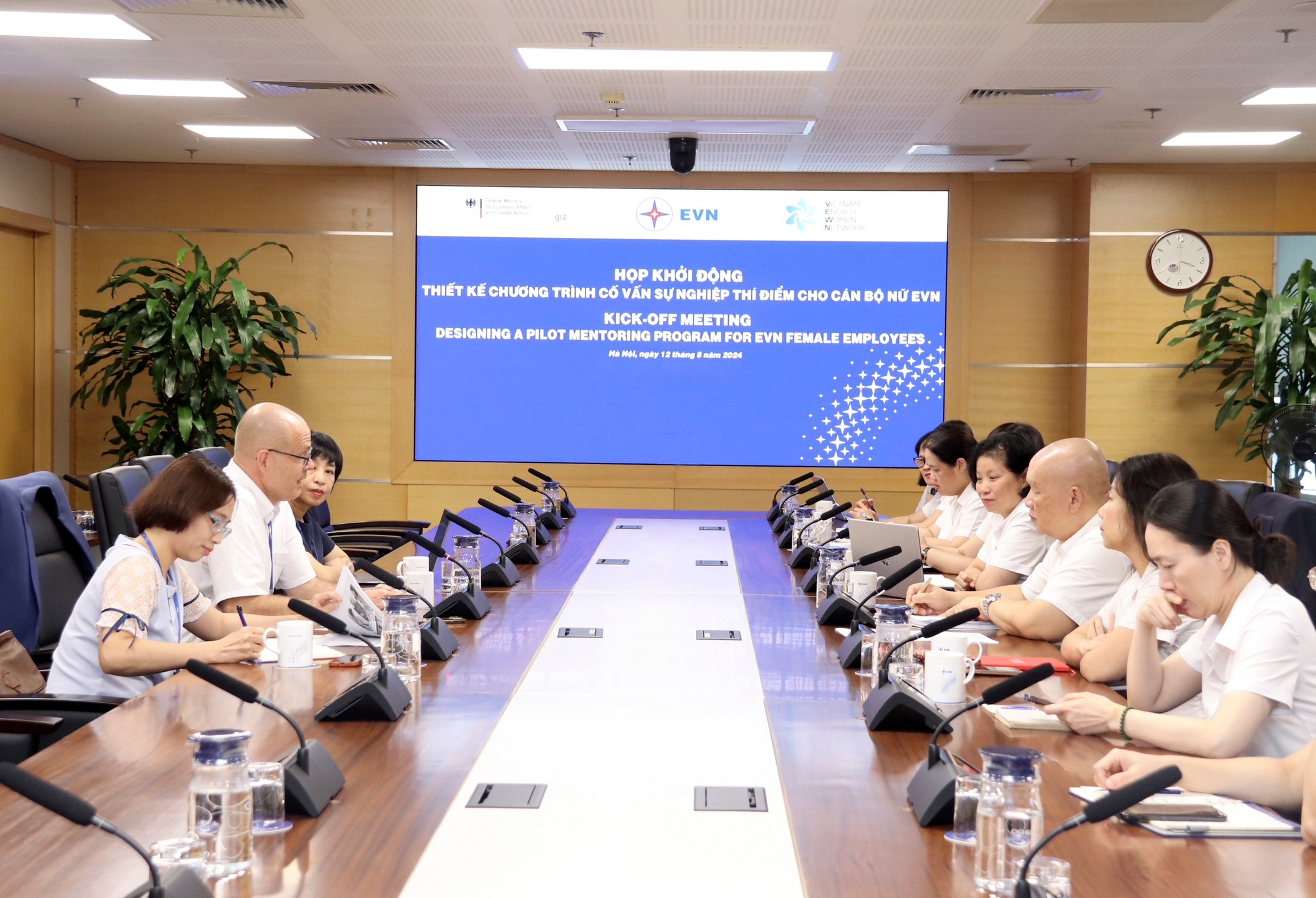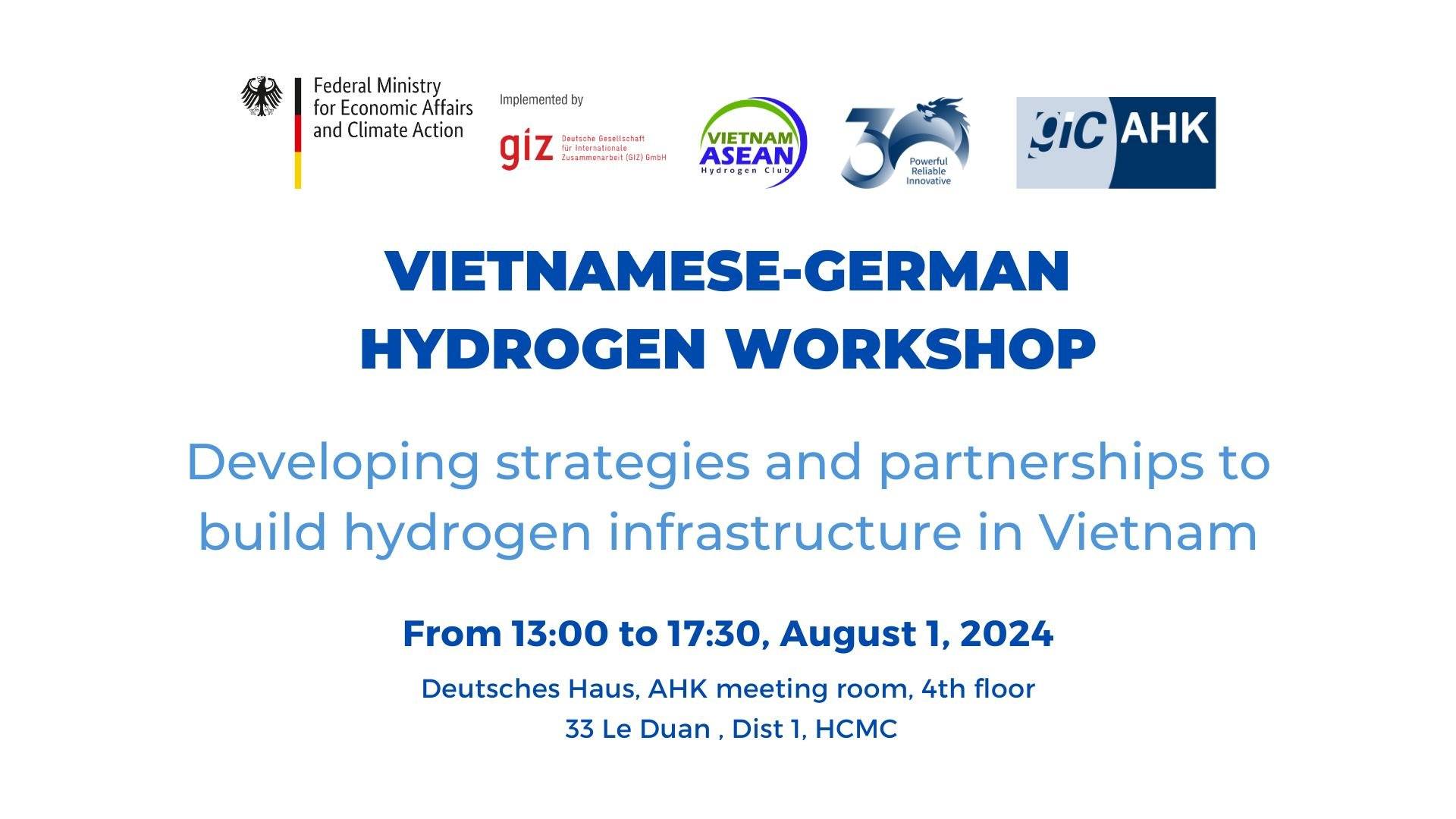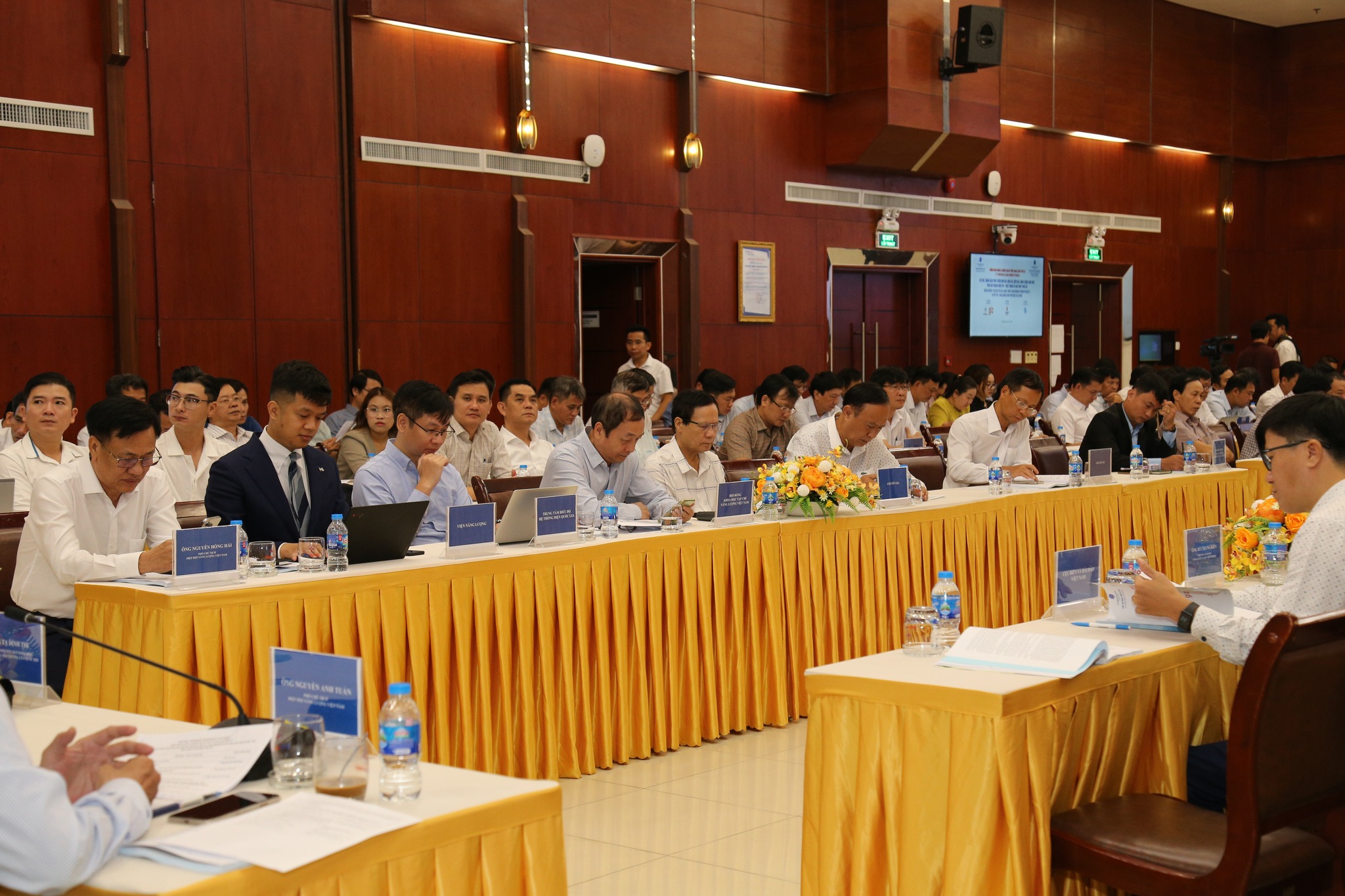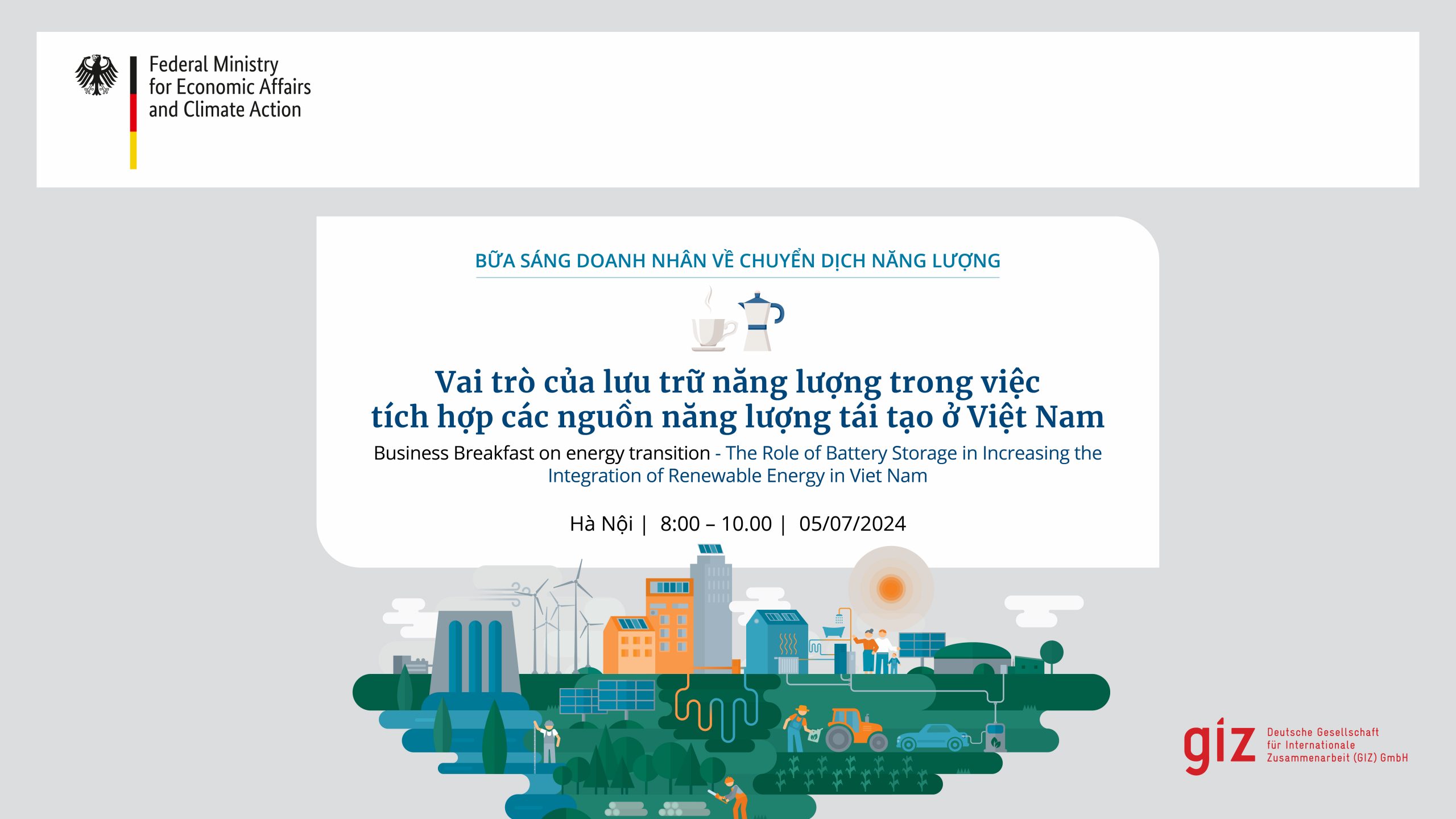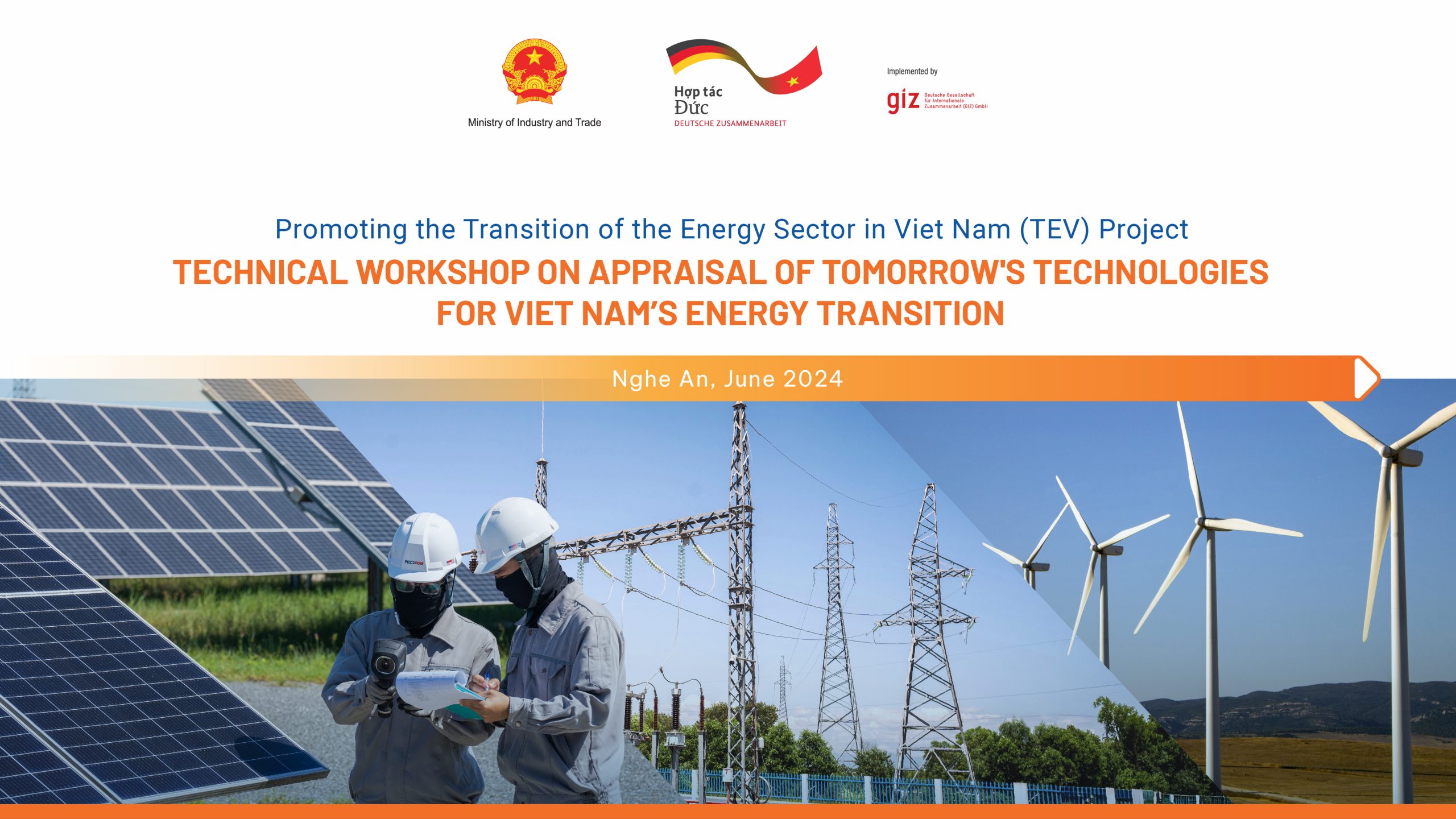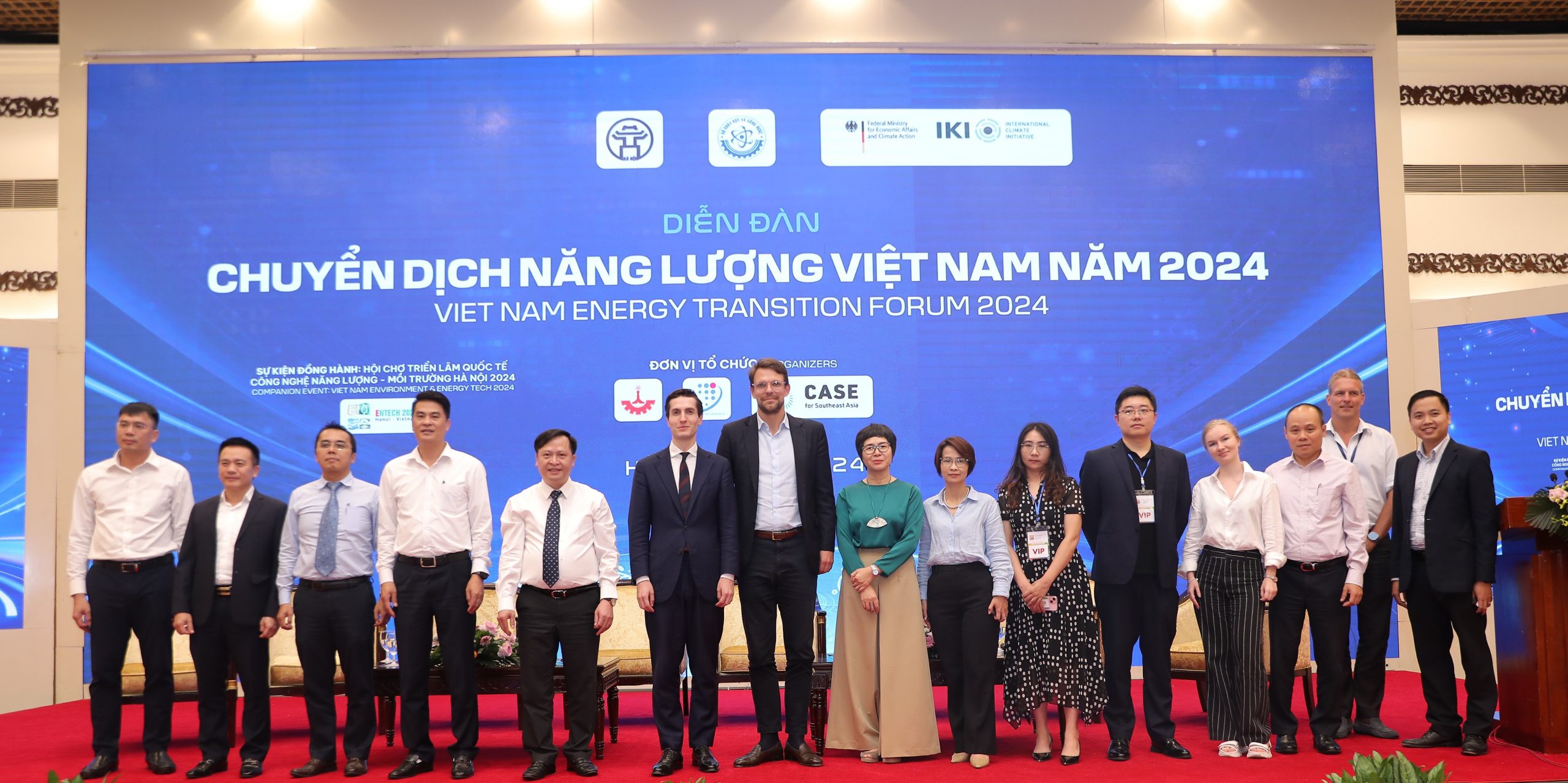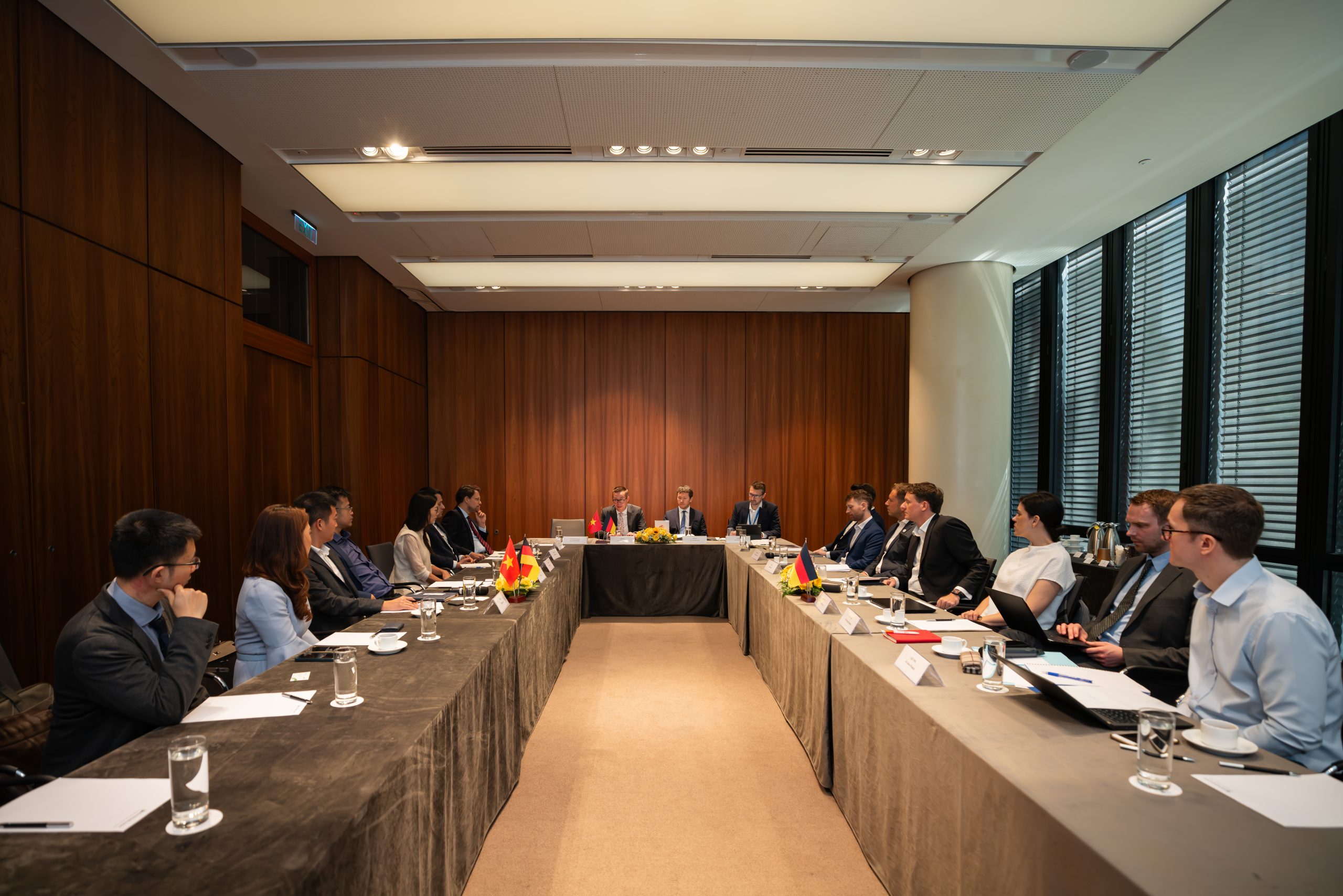According to Energy & Power magazine:
In late May, GIZ in collaboration with the Bangladesh Government’s Sustainable and Renewable Energy Development Authority (SREDA) and the Energy & Power magazine hosted the webinar “Working Group Concept to Promote Energy Efficiency in Garment and Textile Industries”.
At the event, Mr. Markus Bissel, Head of Energy Efficiency Component under the Renewable Energy and Energy Efficiency (4E) Project/GIZ Vietnam, mentioned that the Southeast Asian country is one of the top 5 textile and garment exporters in the world and around 3.5 million people are working in the industry. Even during the Covid-19 pandemic, it achieved 7.5% growth.
“The energy cost is, however, 1.5 to 1.7 times higher than in Thailand and China. The Vietnamese government has taken up a number of energy-saving projects to achieve energy efficiency and adopted projects for energy efficiency as well. Its plan for the Small Energy Efficiency Group (SEEG) has been finalized for 30 energy intensive industries,” he said.
The Small Energy Efficiency Group concept was mentioned at the webinar as a solution for some obstacles getting in the way of energy efficiency adoption, such as technical capacity gap of industry personnel and lack of communication between different departments of an industry.
This initiative was part of GIZ’s regional energy efficiency initiative under its internal sector network called TUEWAS (Transport, Environment, Energy and Water in Asia) and implemented in Bangladesh, India, Nepal and Viet Nam in 2020. Each SEEG has 5-6 members, who are employees from technical, planning, procurement and finance departments.
In Bangladesh, the garment and textile industries are two key contributors to national development, accounting for over 10% of GDP. However, these two industries together consume up to 3740 KTOE of primary energy per annum, which is almost one-third of the total primary energy use in the country’s industries, according to a senior advisor from GIZ Bangladesh. Therefore, energy efficiency measures should be applied to minimize energy cost and the production cost.
Read more about SEEG and other international experts’ opinions here (page 19-22): https://ep-bd.com/userfiles/EP_18_24_All.pdf



